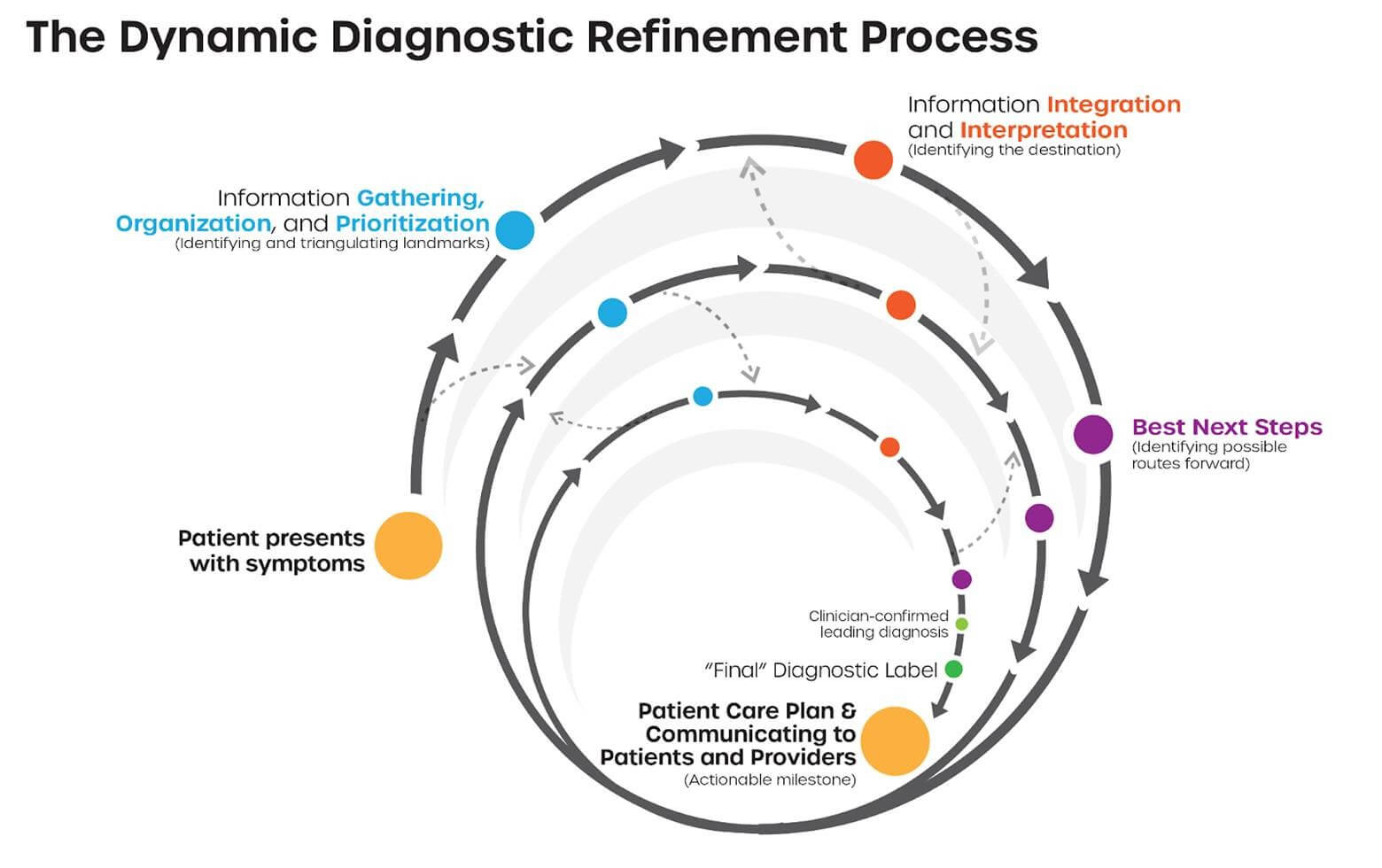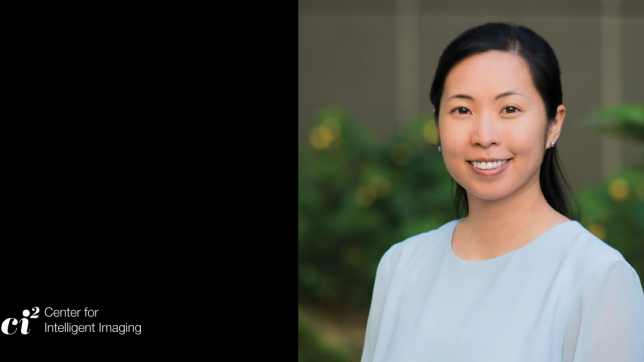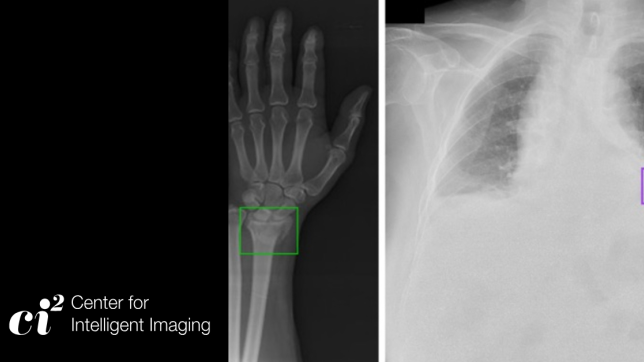One quality and safety priority in medicine is improving the diagnostic process. The cognitive demand on diagnosticians has increased due to the digitization of health records and rapid expansion of health data. Artificial intelligence (AI) has the potential to help and reduce this demand and associated diagnostic errors, however at this time current AI tools have not realized this potential, mostly due to the long-standing focus of AI tools on predicting final diagnostic labels instead of helping clinicians navigate the dynamic refinement process of diagnosis.
Julia Adler-Milstein, PhD, a member of the UCSF Center for Intelligent Imaging (ci2), was lead author on a viewpoint highlighting the importance of shifting the role of diagnostic AI from predicting labels to "wayfinding," known as interpreting context and providing cues that guide the diagnostician.
"Why wayfinding? It's the process of determining a current position and navigating a route between an origin and a destination. Effective wayfinding reduces cognitive load in navigating a complex journey," explains Dr. Adler-Milstein. "In our paper, we conceptualize diagnosis as a dynamic refinement process shifting the emphasis from the destination (diagnostic label) to the journey, including information-intensive activities in the electronic health record (EHR)." See the figure below.

The full paper was published in JAMA. Additional authors include Jonathan Chen MD, PhD, an assistant professor of medicine and physician-scientist at the Stanford Center for Biomedical Informatics Research and Gurpreet Dhaliwal, MD, a clinician-educator and professor of medicine at UCSF.
"The role of AI in this process is to support dynamic diagnostic refinement, help clinicians understand where they are on the diagnostic pathway and help them select the paths most likely to reduce uncertainty," says Dr. Adler Milstein. "AI will serve to lower the cognitive load while the clinician still analyzes data and makes decisions."
As Director of the Center for Clinical Informatics and Improvement Research (CLIIR) at UCSF, Dr. Adler-Milstein is a leading researcher in health IT policy, with a specific focus on EHRs and interoperability. CLIIR's cornerstone initiative is using EHR audit-log data to understand provider behavior and clinical work processes. Dr. Adler-Milstein's research is used by researchers, health systems, and policymakers, and it identifies obstacles to realizing value from health IT and ways to overcome them.



